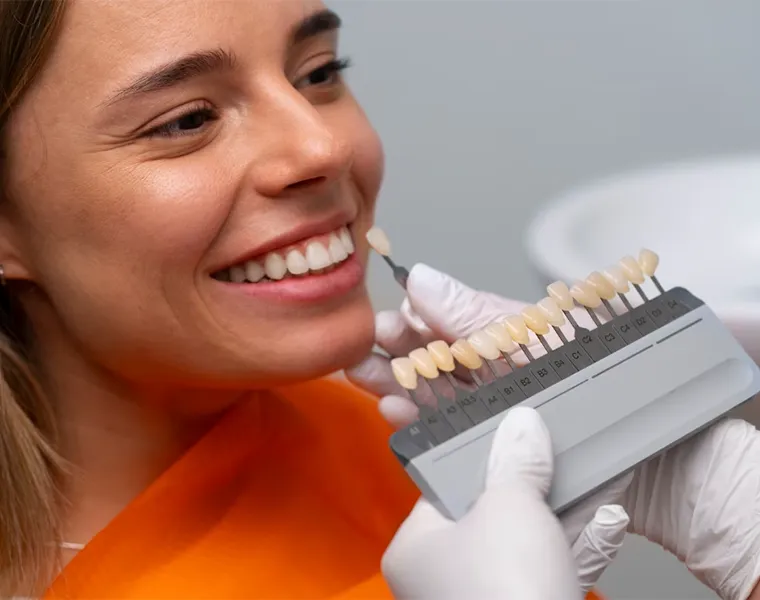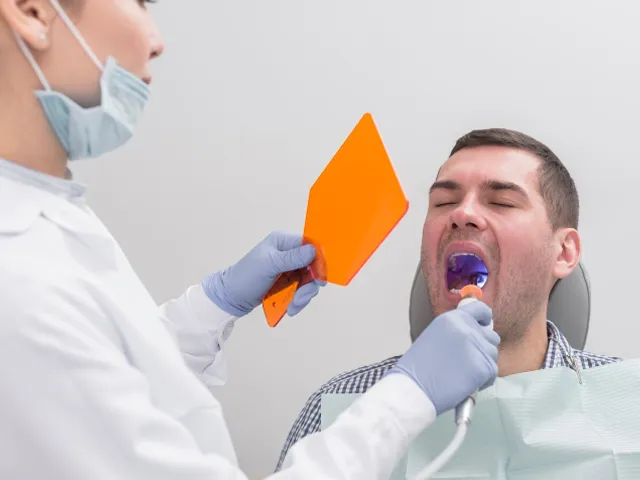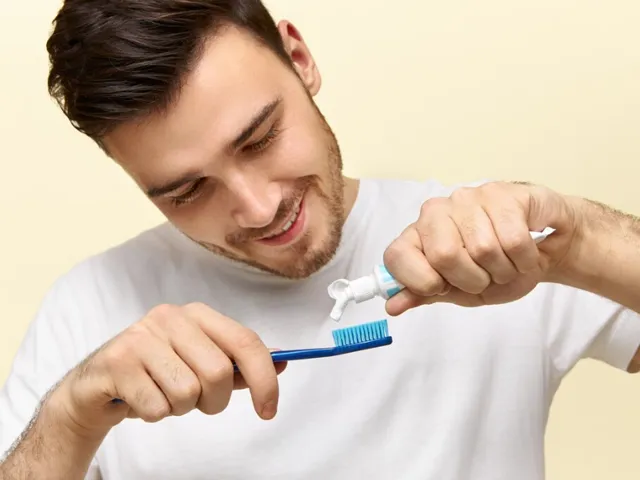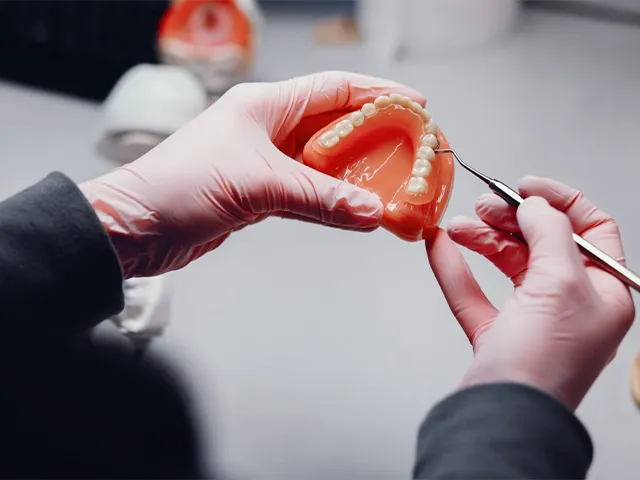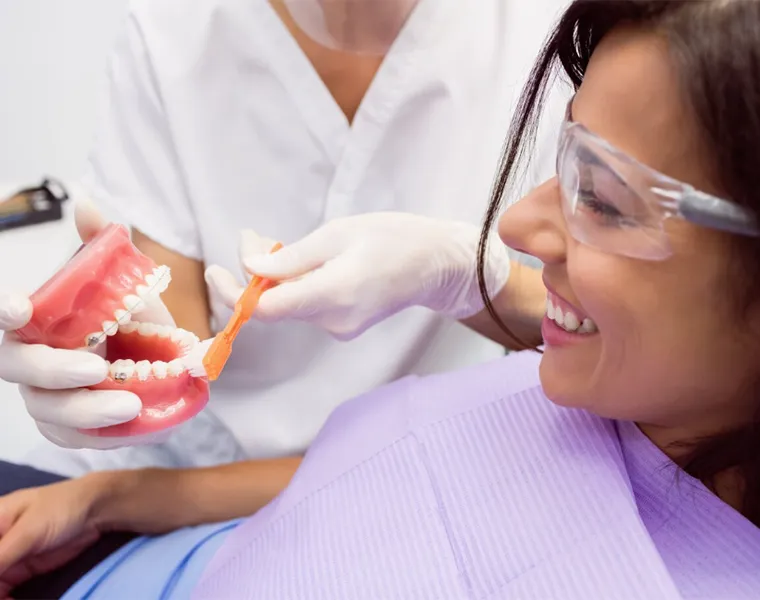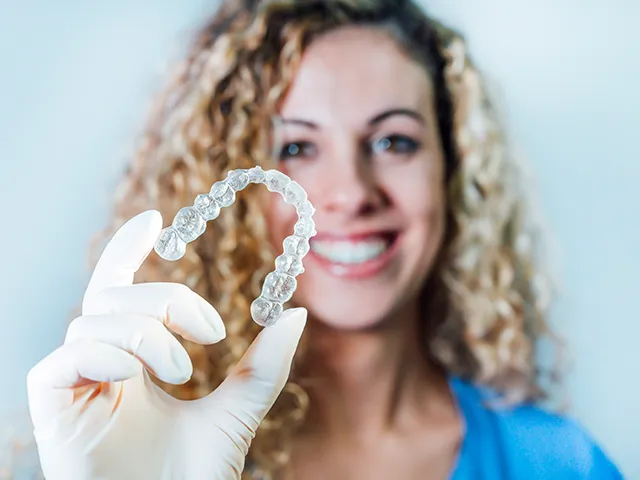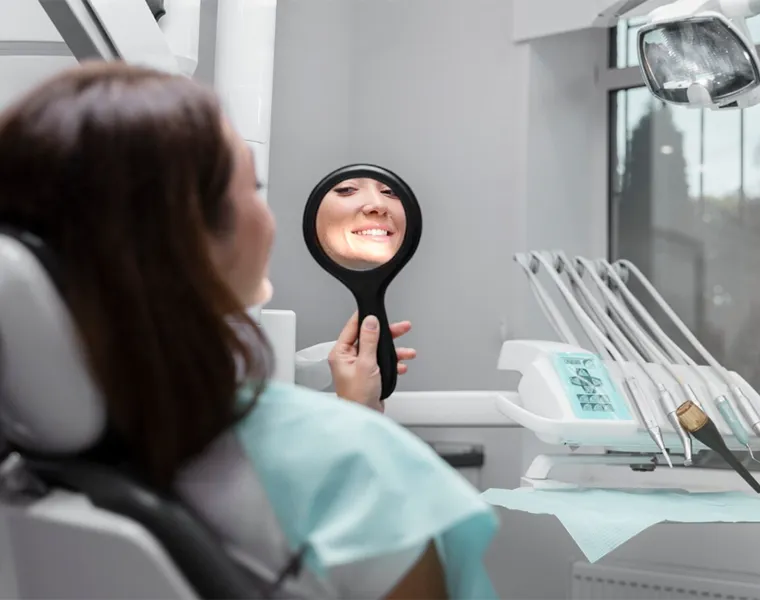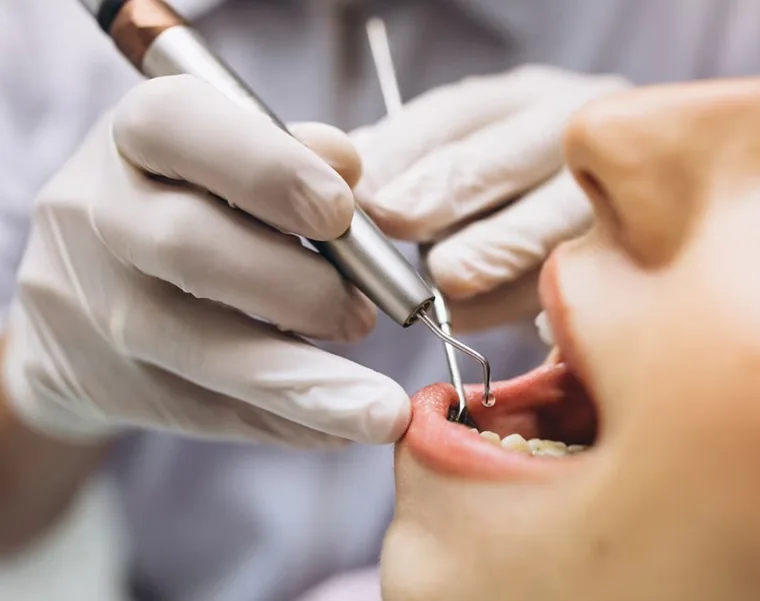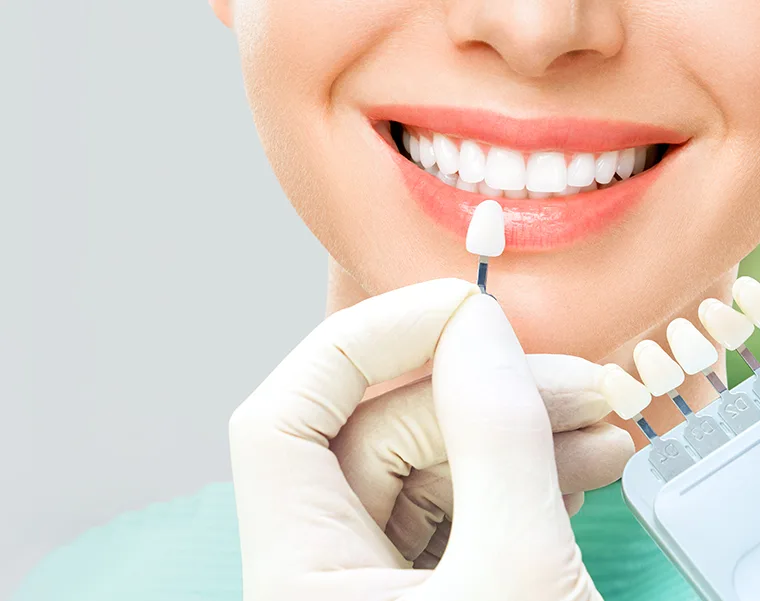Teeth clenching treatment is applied to control the unconscious habits of clenching and grinding teeth. This condition typically arises due to stress and anxiety, and over time it can cause significant damage to the teeth. During treatment, dental splints are used to prevent the teeth from damaging each other. Additionally, relaxation techniques and stress management may also be incorporated into the treatment process.
Teeth clenching treatment involves various methods that a dentist may recommend. These splints help prevent the patient from grinding their teeth and aid in relaxing the jaw muscles. In some cases, Botox injections may be administered to relax the jaw muscles. The treatment is personalized based on the patient’s condition. For long-term solutions, regular dental check-ups are essential.
The causes and treatment of teeth clenching should be planned according to the patient’s needs and general health status. The treatment process includes various personalized methods accordingly. Stress and anxiety are one of the main causes of clenching. Relaxation techniques and stress management are used in the treatment process. Tooth misalignment can cause clenching and in this case, the teeth are corrected with orthodontic treatment. Sleep disorders can trigger clenching. Therefore, improving sleep patterns is an important part of treatment. In addition, the use of night plates is a frequently recommended method to protect the teeth.
Sleep Teeth Clenching Treatment
External clenching, grinding or bruxism is a habit that occurs especially during sleep. It is characterized by unconscious grinding and clenching of the teeth. As a result of the teeth rubbing against each other, tooth wear and toothache can occur. In the long term, this can also lead to gum problems. Teeth grinding during sleep is usually caused by stress and tension in the jaw muscles.
If left untreated teeth clenching can lead to serious health problems over time. First of all, damage such as abrasion, cracking or fracture occurs on the teeth. Abrasions on the surface of the teeth can cause the teeth to become sensitive and cause complaints such as toothache. In addition, gum recession and gum problems may develop due to clenching.
When this problem is left untreated, there is constant tension in the jaw muscles. This leads to head, neck and jaw pain. In the long term, deterioration of the jaw joint (temporomandibular joint) may occur. This can lead to jaw locking, chewing difficulties and constant discomfort. At the same time, sleep disturbances, fatigue and irritability can also occur in connection with the problem of clenching teeth.
Dentists recommend different methods for the treatment of bruxism. Botox applications can be performed to relax the jaw muscles. This injection, especially into the masseter muscle, allows the muscles to relax. Botox greatly reduces teeth clenching. In addition, dental treatments such as night plates are used to protect the teeth. Regular visits to the dentist throughout the process increases the success rate of the treatment.

Some applications that can be done for the treatment of sleep clenching can be listed as follows:
So what can be done at home to prevent clenching? In this case, relaxation exercises and massages to relax the jaw muscles may be recommended. However, these applications do not have a permanent effect.
Libredent Oral and Dental Polyclinic is an Ankara dental clinic where many applications are made for bruxism and other oral and dental health problems. You can contact us for detailed information and applications.

